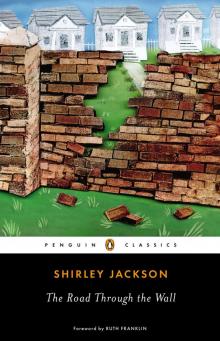 The Road Through the Wall
The Road Through the Wall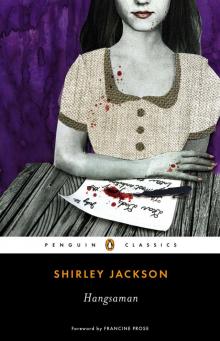 Hangsaman
Hangsaman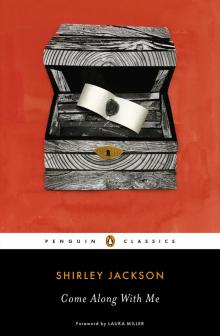 Come Along With Me
Come Along With Me The Lottery
The Lottery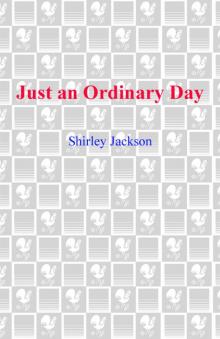 Just an Ordinary Day: Stories
Just an Ordinary Day: Stories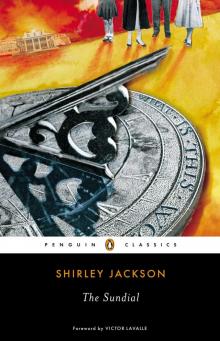 The Sundial
The Sundial Dark Tales
Dark Tales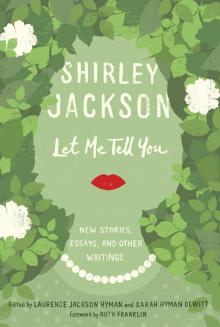 Let Me Tell You: New Stories, Essays, and Other Writings
Let Me Tell You: New Stories, Essays, and Other Writings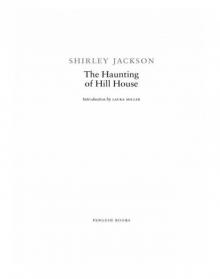 The Haunting of Hill House
The Haunting of Hill House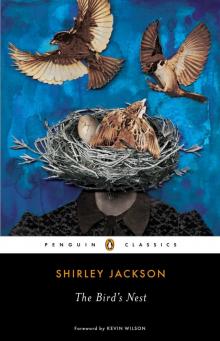 The Bird's Nest
The Bird's Nest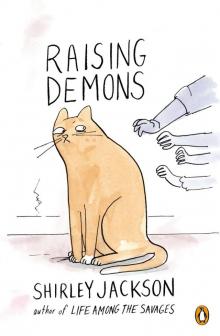 Raising Demons
Raising Demons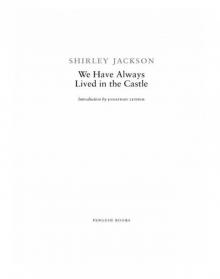 We Have Always Lived in the Castle
We Have Always Lived in the Castle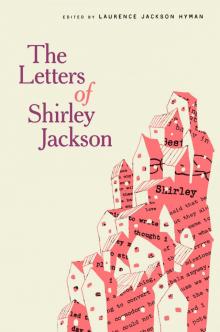 The Letters of Shirley Jackson
The Letters of Shirley Jackson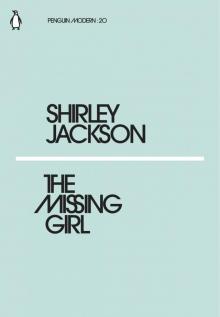 The Missing Girl
The Missing Girl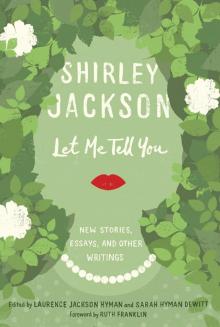 Let Me Tell You
Let Me Tell You